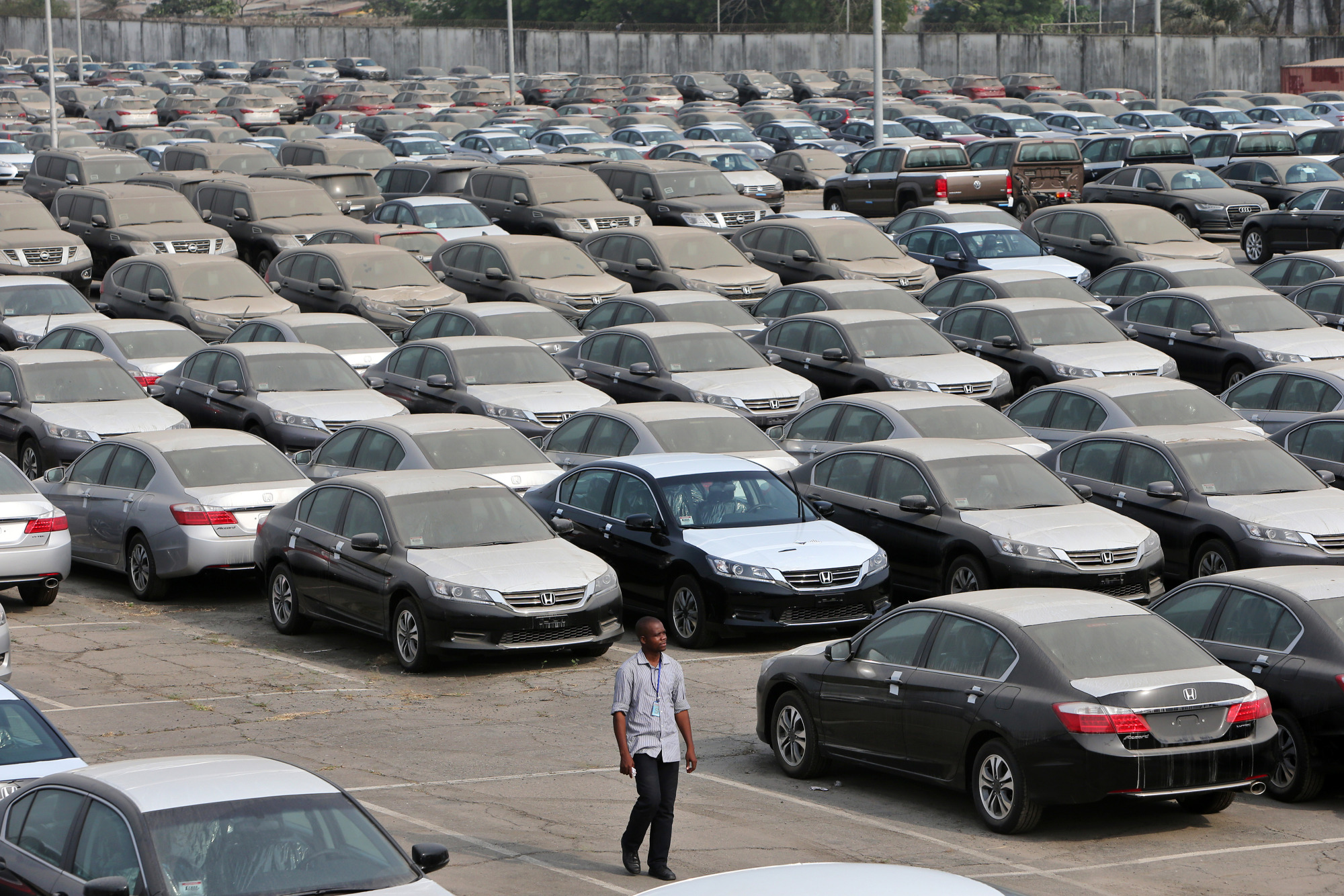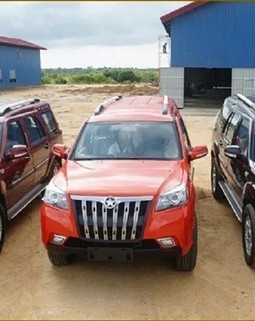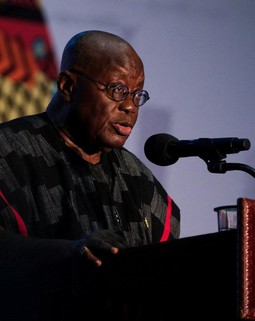With the impending abolishment of trade barriers through the African Continental Free Trade Area (AfCFTA), Ghana is strategically positioning itself to surpass Nigeria, emerging as the gateway to West Africa and a key player in the new car sales market.
Government Incentives for Automotive Industry
The Ghanaian government is actively enticing international car manufacturers by offering a decade-long tax break to the automotive manufacturing sector. This ambitious move aims to establish Ghana as the regional hub for car assembly, fostering both local and regional car sales.
Global Players Respond to Ghana's Call
International automotive giants, including Toyota, are taking Ghana's invitation seriously. Toyota envisions capturing 30% of its annual revenue, currently at $60 billion, from Africa over the next two decades. With Africa's projected population growth to one-third of the world by 2050, manufacturers see vast potential in the emerging market.
Overcoming Challenges in New Car Sales
Despite the promising outlook, manufacturers face challenges penetrating Ghana's market dominated by the used vehicle sector. New vehicle registrations are predicted to grow at a modest average annual rate of 1.5% from 2019-2028. Navigating the transition from used to new cars will require strategic initiatives to attract local consumers.
Economic Growth and Consumer Spending
Ghana's stable democratic government over the past two decades has propelled it into one of the world's fastest-growing economies in 2019. With a pro-business regime actively attracting foreign investment, the nation anticipates increased consumer spending and retail growth, creating a favorable environment for the automotive industry.
Kumasi's Role in Automotive Trade
Kumasi, the capital of the Ashanti region, has historically served as a hub for the automotive trade. Positioned strategically, it caters to landlocked neighboring countries and acts as an access point for crucial markets such as Mali and Burkina Faso. The city's significance enhances Ghana's potential to become a regional automotive powerhouse.
Local Innovation and Electric Vehicles
Beyond international giants, local electric car manufacturer Kantanka is seizing the opportunity to tap into shifting consumer preferences amid global concerns over carbon emissions. Kantanka aims to produce electric cars with impressive travel ranges, catering to the growing demand for sustainable transportation.
As Europe, North America, and China embrace electric vehicles, Ghana's market could align with this global shift.
Conclusion: Ghana's Automotive Ascent
Ghana's ambitious strides to become West Africa's automotive hub signal a transformative era for the nation. With government incentives, international interest, and local innovation, the automotive industry in Ghana is poised to redefine the region's car market, contributing to economic growth and shaping the future of mobility in West Africa.





